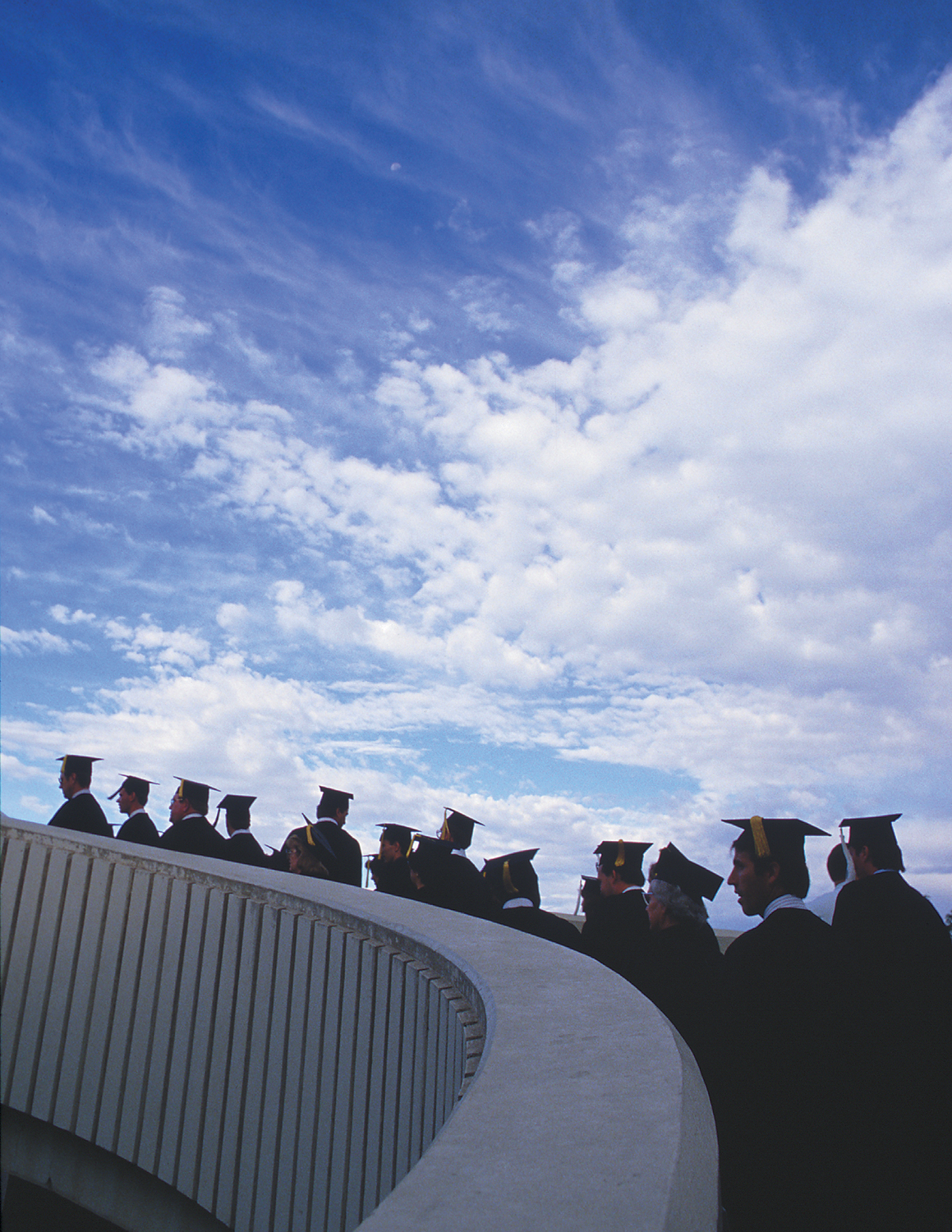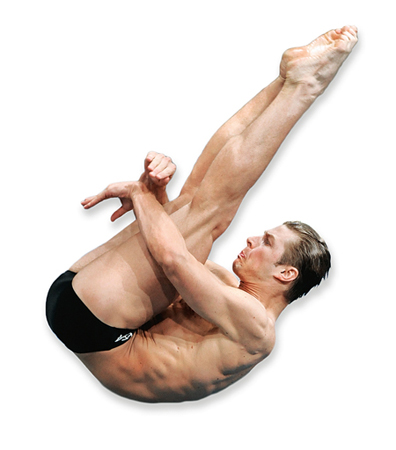Responding to what he saw as a drift in public schools, Dean Forman chartered a new academy for young scholars.
As the fifth grade class at John Adams Academy in Roseville, Calif., stood outside a set of theater doors to see the play We the People, one of the students began singing “God Bless America.” Several students joined him, and by the time they finished, the entire class was singing. They then chimed in with “Yankee Doodle” before belting out all four verses of “The Star-Spangled Banner.”
“I just stood there with tears in my eyes,” says Angie Gardner, the school’s librarian. “This new school was bringing American values back to the classroom. This school answers my prayers for my children.”
The K–12 charter school, named after the second U.S. president, is the realized dream of L. Dean Forman (BS ’82), a successful financial planning executive whose desire to provide quality education for children in his community inspired him to use his own resources to establish the school, which focuses on mentoring and the values of excellence, accountability, creativity, and virtue. BYU is honoring Forman with a 2013 Distinguished Service Award.
Forman had served on a local school board, and his concerns about adult-themed material, classroom swearing, bullying, and inappropriate school attire motivated him to have his own children complete high school at home. He then accepted an invitation from a Catholic priest to teach teenagers leadership, government, and economics for two hours every week in Sacramento.
These experiences fueled his desire to create a school where children were encouraged to express themselves in an environment where they could speak their ideas without being bullied. High on his list of objectives were reintroducing the classics, establishing core values, and identifying children as scholars rather than students. “If you contrast those words,” says Forman, “a student has a connotation of duty; a scholar is someone who is inspired and following a passion and willing to become better than he or she is.”
Forman expects his scholars to discover their own special virtues—what he calls their “genius.” As he explains, “In each of us there is a genius, and we help them discover that genius through the 13 years they are with us. We believe they will then be prepared to use that genius to help others.”
Before launching the school, Forman earned a doctorate in philosophy and constitutional law. He then assembled a team of like-minded individuals, including fund-raisers and an attorney, to help make the school a reality. He and his wife, Linda Cox Forman (BA ’81), who helped him develop a love of reading, interviewed more than a thousand teachers and found about three dozen who shared their educational philosophy. Some were new teachers, and one came out of retirement because she was intrigued by the Formans’ idea of academic entrepreneurs. “Although we provide guidelines, teachers are able to choose their own curriculum,” Forman says. “We just tell them the standards we need to reach.”
Forman wondered if he would attract even 100 students when the school opened in 2011. More than 600 students registered. In fall 2013 attendance topped 800, and there is a waiting list for each grade. The first students to take California’s standardized tests scored an 899 on average, surpassing many of the local schools.
Dean and Linda Forman are the heart of the school and both work tirelessly for its success. Among their plans is a second school, constructed in a colonial architectural style.
“I believe this model of school resonates with people,” Forman says. “It is restoring the American heritage.”
— Charlene Renberg Winters (BA ’73, MA ’96)









